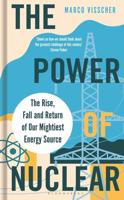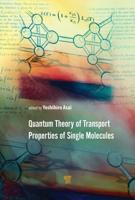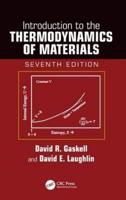Publisher's Synopsis
Materials have the potential to be the centrepiece for the transition to viable renewable energy technologies if they realise a specific suite of properties and achieve a desired set of performance metrics. The envisioned transition involves the discovery of materials that enable generation, conversion, storage, transmission, and utilization of renewable energy.
This book presents, through the eye of materials chemistry, an umbrella view of the myriad of classes of materials that make renewable energy technologies work. They are poised to facilitate the transition of non-renewable and unsustainable energy systems of the past into renewable and sustainable energy systems of the future. It is a story that often begins in chemistry laboratories with the discovery of new energy materials. Yet, to displace materials in existing energy technologies with new ones, depends not only on the ability to design and engineer a superior set of performance metrics for the material and the technology but also the requirement to meet a demanding collection of economic, regulatory, social, policy, environmental and sustainability criteria.
Disruption in the traditional way of discovering materials is coming with the emergence of artificial intelligence, machine learning and robotic automation designed to accelerate the well-established discovery process, massive libraries of materials can be evaluated and the possibilities are endless. This book provides a perspective on the application of these new technologies to this field as well as an overview of energy materials discovery in the broader techno-economic and social context. Any budding researcher or more experienced materials scientist will find a guide to a fascinating story of discovery and emerge with a vision of what is next.








